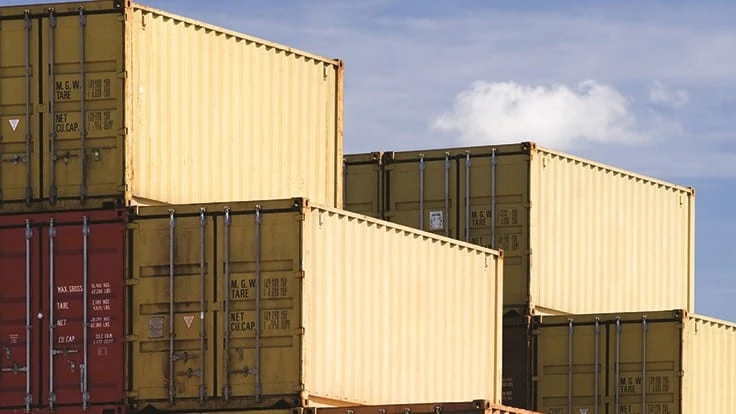
Dreamstime.com
The Institute of Scrap Recycling Industries (ISRI), Washington, has alerted its members that after more than a year of advocacy with the government of Indonesia in partnership with local industry, that government has confirmed a 2 percent contamination tolerance for scrap imports.
“This is a win for the industry as it reaffirms the essential value of scrap commodities to the manufacturing supply chain and rejects the approach taken in China and elsewhere to treat these commodities the same as solid waste,” the association states.
ISRI says the Indonesian government has confirmed the specification in writing after announcing May 27 in a joint decree by the Ministry of Trade, the Ministry of Environment & Forestry, the Ministry of Industry and the government's Head of State Policy on the importation of "Non Hazardous and Toxic Waste as Industrial Raw Materials."
The decree also creates an interagency task force to develop within six months a "road map" designed to improve the country’s self-sufficiency by increasing domestic supplies while also reducing imports through a quota system and tighter contamination thresholds, ISRI says.
The association adds that it “defended the essential importance of scrap commodities to manufacturing and the vital use of the ISRI specifications as a tool to distinguish valuable commodity-grade scrap that is in great demand by Indonesian manufacturers from the highly contaminated trash that is unfortunately imported into Indonesia and irresponsibly managed.”
ISRI says it coordinated with the Indonesian paper association to argue for a contamination tolerance policy that is achievable and allows for Indonesia's paper manufacturing sector to fulfill its requirements for specification grades it cannot obtain only from domestic sources.
“The U.S. Commercial Service also provided great support to our efforts,” ISRI adds.
Latest from Recycling Today
- BMW Group, Encory launch 'direct recycling’ of batteries
- Loom Carbon, RTI International partner to scale textile recycling technology
- Goodwill Industries of West Michigan, American Glass Mosaics partner to divert glass from landfill
- CARI forms federal advocacy partnership
- Monthly packaging papers shipments down in November
- STEEL Act aims to enhance trade enforcement to prevent dumping of steel in the US
- San Francisco schools introduce compostable lunch trays
- Aduro graduates from Shell GameChanger program





